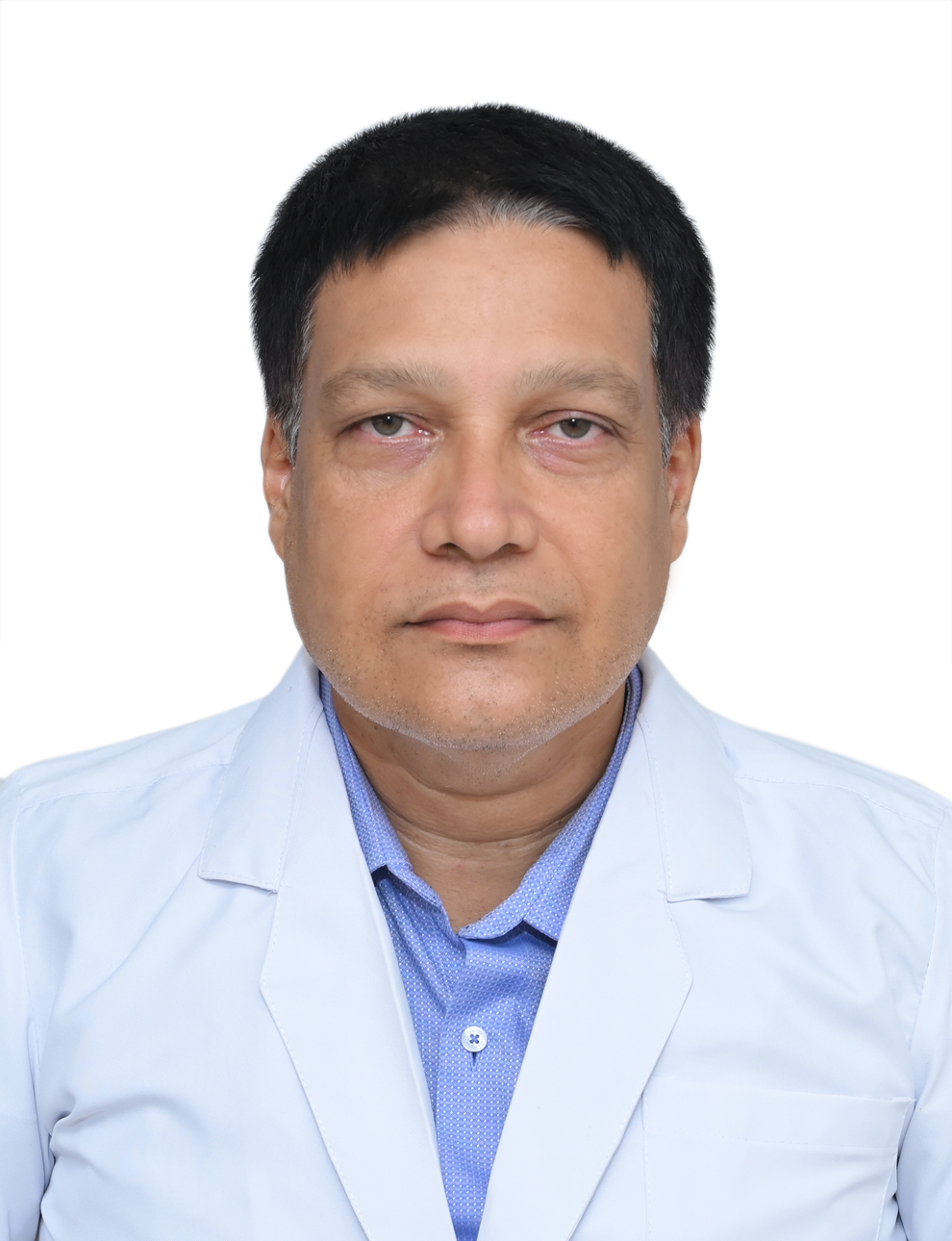General Medicine

Dr Prakash Rao
MBBS., DNB
General Information
Internal medicine, also commonly referred to as general medicine in nations affiliated with the Commonwealth, constitutes a distinct medical specialty that is primarily engaged with the prevention, precise diagnosis, and comprehensive treatment of diseases in adults. This specialty is uniquely positioned to offer medical care to adults across the entire spectrum of health and illness.
Medical professionals who devote themselves to the practice of internal medicine are generally known as internists. In Commonwealth nations, they may simply be called physicians, a term that is used without a modifier. Internists are highly skilled in handling and managing patients presenting with either undifferentiated symptoms — that is, symptoms that do not clearly indicate a specific disease — or multi-system disease processes, where multiple body systems are simultaneously affected.
In their role, internists provide medical care to both hospitalized and ambulatory patients. Hospitalized patients are those who are admitted to the hospital for treatment, while ambulatory patients, though they may be dealing with serious illnesses, are typically treated on an outpatient basis, which means they visit the hospital or clinic for treatment but do not stay overnight.
Furthermore, internists often assume a crucial role in medical education and research, contributing to the advancement of knowledge in their field. They may be involved in teaching medical students, residents, and fellows, imparting their knowledge, clinical acumen, and ethical standards to the next generation of medical professionals. In the arena of research, internists may conduct or collaborate on studies that aim to improve understanding of diseases and their treatment, thus playing a vital part in enhancing the quality of patient care and the broader health landscape.
In essence, the field of internal medicine serves as a cornerstone of adult healthcare, as it addresses a wide array of health issues, from common ailments to complex medical conditions, and contributes to the ongoing development and dissemination of medical knowledge and practices. Internists, therefore, are fundamental figures in delivering comprehensive healthcare, and their role extends beyond direct patient care into domains of education and research, emphasizing their comprehensive and integral role in the medical community.
